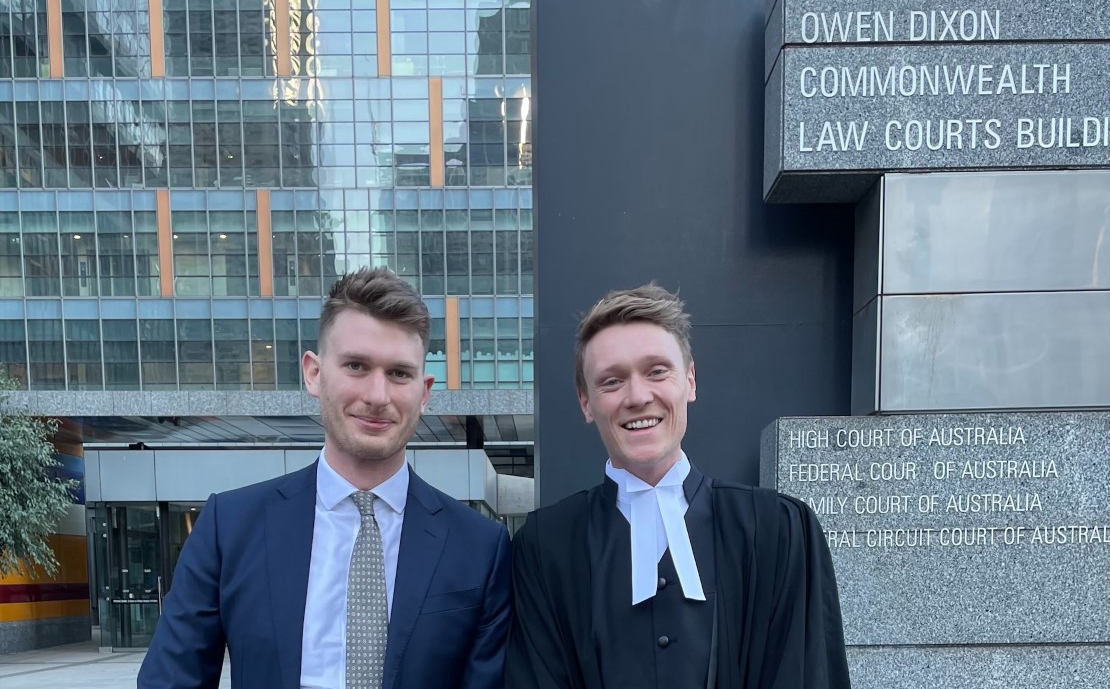
Nicholas Petrie takes part in ground-breaking climate change case in Australia
This is a ground-breaking yet sensible decision based on expert scientific evidence. Ultimately, the duty will protect today's children by keeping fossil fuels in the ground.
David Barnden
A Gates Cambridge Scholar has been part of the legal team involved in a landmark Australian case with significant implications for climate change litigation.
Nicholas Petrie has been working on the Australian Federal Court case which last month declared that the Minister for Environment owed a duty to Australian children to take reasonable care to avoid causing them personal injury or death arising from emissions of Co2 in the Earth’s atmosphere.
The case was brought by a group of eight children and centred on the duty to protect young people from the future harm caused by the climate change impacts of a proposed coal mine extension project in New South Wales known as the Vickery Extension Project.
The Minister denied any duty of care was owed to the children or that the project would cause the harm alleged.
In the reasons for his decision, Justice Mordecai Bromberg considered the climate science presented to him. He stated: “It is difficult to characterise in a single phrase the devastation that the plausible evidence presented in this proceeding forecasts for the Children. As Australian adults know their country, Australia will be lost and the world as we know it gone as well. The physical environment will be harsher, far more extreme and devastatingly brutal when angry. As for the human experience – quality of life, opportunities to partake in nature’s treasures, the capacity to grow and prosper – all will be greatly diminished. Lives will be cut short. Trauma will be far more common and good health harder to hold and maintain. None of this will be the fault of nature itself. It will largely be inflicted by the inaction of this generation of adults, in what might fairly be described as the greatest inter-generational injustice ever inflicted by one generation of humans upon the next.”
The Minister is appealing the decision to the Full Federal Court. Nicholas [2017], who did his PhD in Law, is also working on the appeal.
David Barnden, Principal at Equity Generation Lawyers, who is the children’s solicitor, says: “Sharma is the first case in the world in which a common law duty of care arising from climate impacts has been recognised. It is a ground-breaking yet sensible decision based on expert scientific evidence. Ultimately, the duty will protect today’s children by keeping fossil fuels in the ground.”
*Photo: Nick right outside the court with Jack McLean of Equity Generation Lawyers.












